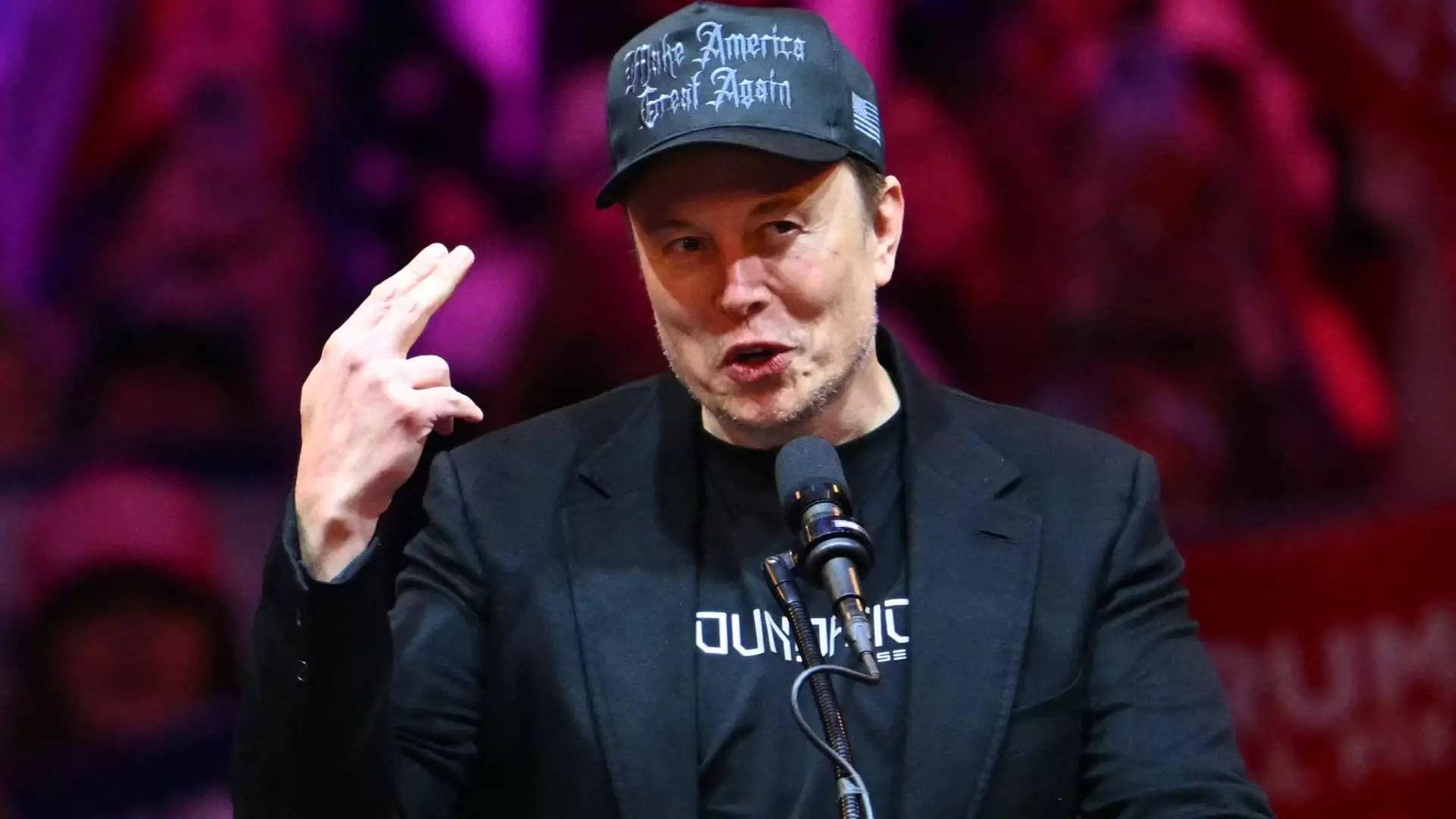Former President Donald Trump continues to dominate headlines as he prepares for another bid for the presidency. This time, economic discussions surrounding his potential policy proposals are drawing particular scrutiny from various quarters, including his own circle of allies and economic experts. While some of Trump’s backers—like Elon Musk—acknowledge the potential for short-term consumer price increases due to his economic policies, they argue that these effects may ultimately yield beneficial long-term outcomes. Yet, such assertions raise pressing questions about the economic landscape under a Trump administration, particularly concerning tariff strategies and the subsequent impact on consumers.
To dissect the implications of Trump’s proposed economic strategies, one must first grasp fundamental economic principles. Tariffs—government-imposed taxes on imported goods—are often utilized to protect domestic industries. However, this protectionism may come at a cost: prices for average consumers are likely to rise. As industry experts have noted, Trump’s plans to implement universal tariffs, with a distinct focus on curbing imports from China, could lead to a “Trump sales tax,” as highlighted by Vice President Kamala Harris.
Having influential figures like Musk endorsing the notion that such tariffs could trigger “severe overreactions” in markets does not help further Trump’s claims of economic revitalization. The ramifications of these policies could lead to an immediate spike in consumer prices as the market adjusts. Therefore, it is necessary to scrutinize the justification behind endorsing these tariffs, as they could momentarily burden consumers while purportedly aiming to protect American jobs.
The Argument for Long-term Gains
Proponents of Trump’s economic vision assert that while consumers may feel the brunt of rising prices initially, these strategies would help foster workplace growth and wage increases over time. Trump’s running mate, Senator JD Vance, suggests that any potential losses for consumers due to tariffs would be offset by the promise of higher wages. The crux of this argument lies in the belief that a protected domestic market will ultimately lead to greater job security and better-paying positions.
Yet, one must ask whether this trade-off is reasonable. If consumers are forced to pay significantly higher prices for numerous goods that lack American alternatives, the immediate consequences may not warrant the promised long-term gains. Many families operate within tight budgetary constraints, and an increase in essential product prices could have devastating effects on their finances instead of leading them to more favorable wage conditions.
In analyzing the mixed messages emanating from Trump’s camp, it becomes increasingly clear that the conversation revolves around a balancing act. Supporters advocate accepting some short-term pain to achieve long-term benefits, but the inherent risks of this approach cannot be disregarded. As Cantor Fitzgerald CEO Howard Lutnick remarked, this strategy is particularly problematic for products not manufactured within the U.S. As consumers face rising costs for imports, those without local alternatives will feel the strongest impact—leaving them with limited options and heightened resentment toward government policies that put them in such positions.
Moreover, the question remains: do voters truly resonate with an economic strategy grounded in incremental sacrifices for the sake of future gains? While some may appreciate a commitment to American manufacturing, the broader electorate might view this approach as detached from the everyday realities they face—where budgeting for groceries and necessities remains paramount.
In summation, Trump’s fiscal policies signal a potentially volatile economic climate that invites both scrutiny and debate. The notion that rising prices will be balanced out by future wage increases is not only an oversimplification but a risky gamble that could alienate voters already facing economic pressures. The endorsements from Musk and Lutnick shine a light on an interesting strategy employed by Trump’s allies: rallying behind policies that warrant immediate sacrifice for perceived long-term benefits. Yet, as history has shown, economic policies rarely play out in predictable ways. As the 2024 election approaches, voters must weigh the potential pitfalls of President Trump’s economic vision against their everyday experiences and the broader implications for American society.


Leave a Reply